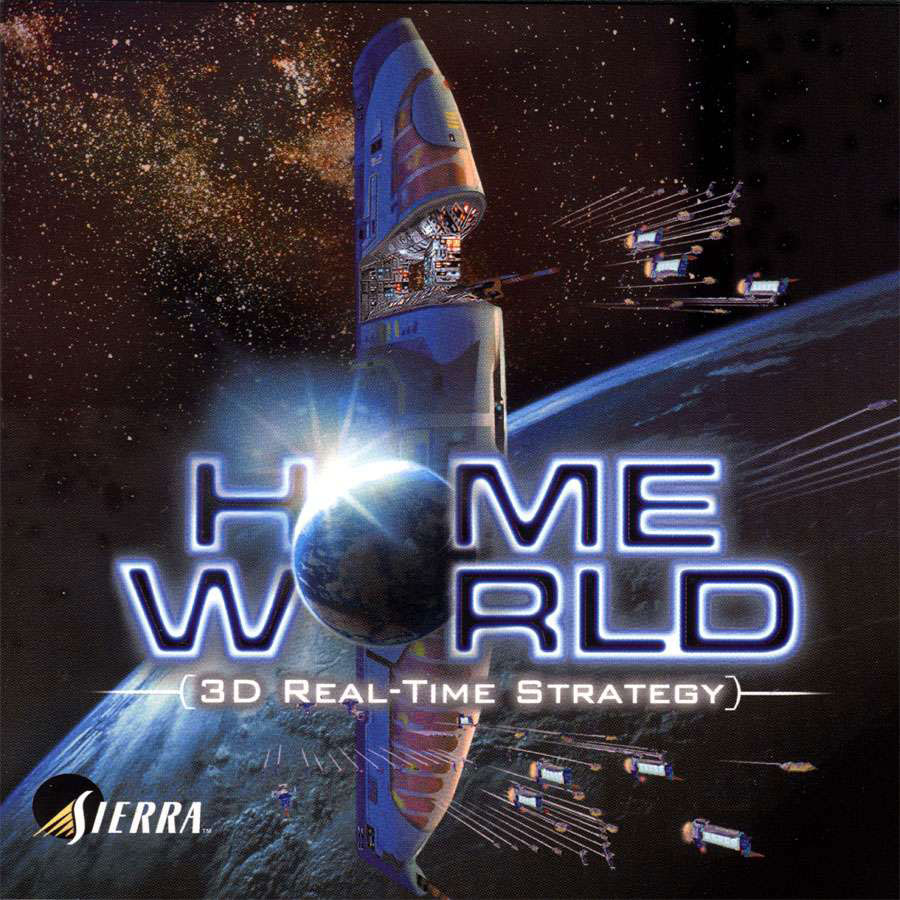I am talking about probability in this post. All discussions of probability involve foul language on my part. Consider yourself forewarned.
Play enough games and you will start thinking about odds. How often can you succeed? How often will you fail? The fact that games use dice (and sometimes cards) to generate success and failure makes the odds easy to figure out. Rather than dig into details and figure out the odds, a lot of my gamer brethren dive into the world of luck, superstition, and even prayer (Seen it once. It worked). For the rest of us there is the angry tentacle monster known as probability theory. We are subject to its random outcomes every time we roll the dice, and most of us never really take the time to understand it.
Random?
One of the most infuriating concepts in probability is the idea randomness. For me, it helps to think of the concept as an old-school Greek god. His name is Kaos and he's an asshole. Kaos does not care about you at all. He gives no shits about who you are, what you've done, or what you want. He doesn't love you, but he doesn't hate you either, but he sure as hell isn't listening to you. You are less than an ant to him. In addition to the not caring about you, he has all sorts of other problems. Most important, his memory is so bad that he makes Alzheimer's sufferers look like they have photographic memories. He pretty much forgets things as they happen, leaving him totally clueless as to anything in the past. He also can't look into the future. I'm not talking about prophecy here. I mean he can't plan where to go for lunch, or even how he will spend the next five minutes, or five seconds. That shit is just beyond him.
So what does this crazy bastard do? He shouts out numbers because he thinks it's funny. Every time you roll a die Kaos gleefully yells out the number he wants to see. He can't remember what the last roll was, and he has no clue what he'll want on the next one, but in the moment he will be happy with his choice and you get to suffer the consequences. On the next roll he might shout the same number, or he might not. He doesn't know what he's going to do. If you stand far enough back from this insane amnesiac bastard you can suss out a few things. Mainly, he likes all the numbers about the same, so if you listen to him shout a few million times, then all 6 numbers on your six-sided die will come up about the same amount. Thing is though, they often don't. You look in there and find the asshole deity called out 3 twenty times in a row just for shits and giggles. Another time he went over a hundred tosses without calling 6. Bottom line: randomness means there's no pattern and you cannot predict future outcomes of the dice. You are at the whim of an insane God on the worst power trip imaginable.
All you can do is play the odds and remember that each toss of the die is totally new to Kaos and you and all outcomes are equally likely. Unless the die lands balanced on an edge. In that case the asshole has noticed you and is totally fucking with you. Roll again and keep in mind he just forgot what he was doing.
Summing Up
You cannot defeat Kaos. You cannot outplay him. His power is narrow but unstoppable. To all those gamblers out there thinking their number is due, it isn't. Kaos doesn't care about your bullshit. To all those players who think their dice are hot, cold, or hating you. You're wrong. Kaos doesn't care about you either.
But I will leave you on a hopeful note. Despite all of Kaos' power and indifference, he has a glaring weakness that we can twist and exploit: he's an idiot. He can only call his numbers. He has to call his numbers. Knowing this, we can bend those numbers to our will. Next time, I will explain how.
